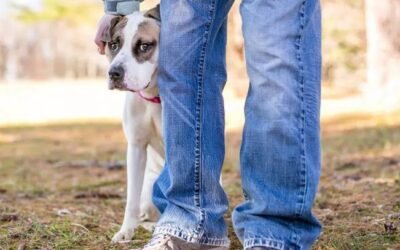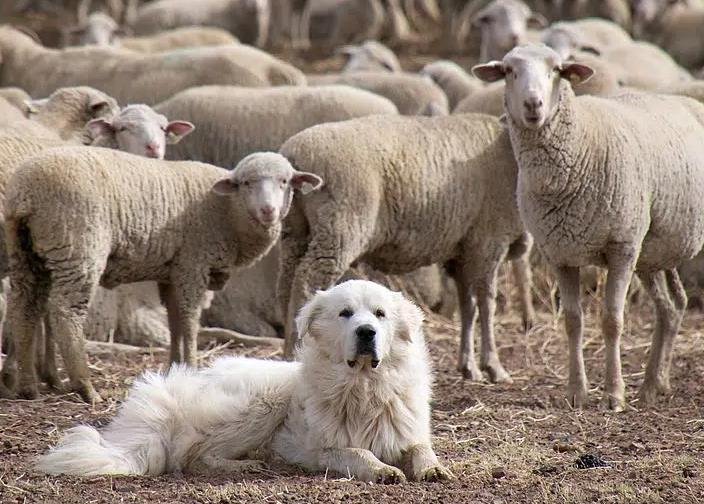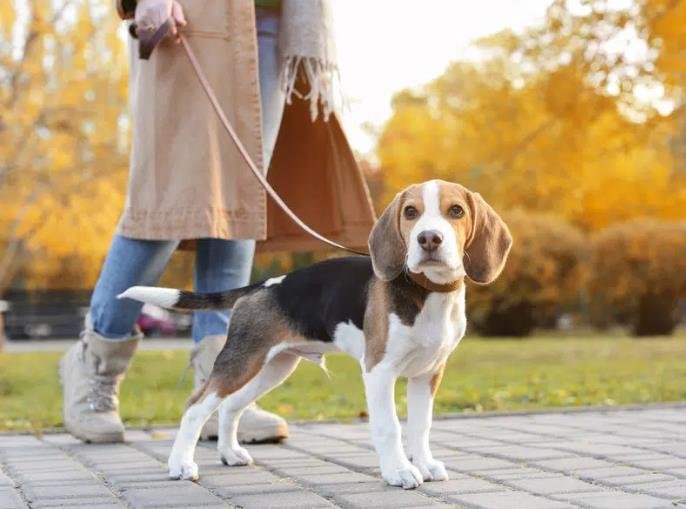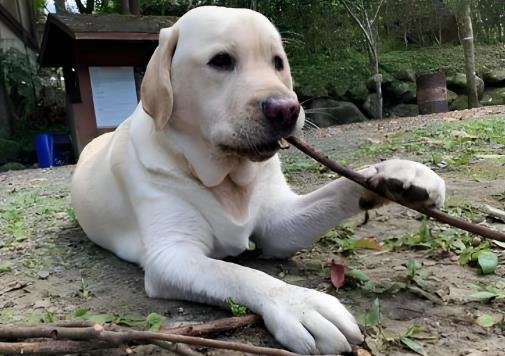The best age to start training is around 8 weeks old. That’s when puppies can begin learning basic commands. But maybe mention socialization even earlier, like as soon as they come home. Important to note that consistency is key. Also, house training and crate training should start immediately.
Now, the “how” part. Need to cover basic commands like sit, stay, come. Positive reinforcement is crucial—using treats and praise. Short sessions to keep their attention. Socialization is another big point; exposing them to different environments, people, and other animals. House training tips like regular potty breaks, crate training, and avoiding punishment for accidents.
Common mistakes to avoid: inconsistency, long sessions, negative reinforcement. Maybe add a troubleshooting section for biting, chewing, and stubbornness. Emphasize patience and celebrating small wins.
Wait, the user might be a new puppy owner, possibly first-time. They might be looking for a structured yet approachable guide. Need to make sure the advice is practical and easy to follow. Also, highlight the importance of starting early to prevent bad habits. Maybe mention specific techniques like clicker training or redirecting behavior.

Check if there’s any breed-specific advice, but since it’s a general guide, keep it broad. Make sure the tone is encouraging, reassuring them that progress takes time. Avoid jargon, keep it simple. Alright, structure the answer with clear sections, but without using markdown. Use headings in plain text, maybe with colons or capitalization. Keep paragraphs short for readability.
Puppy Training Guide: How and When To Start
When to Start Training
Start training as soon as your puppy comes home (usually around 8–10 weeks old). Puppies are sponges for learning at this age, and early training builds trust, prevents bad habits, and sets the foundation for good behavior. Focus on socialization and basic commands first.
How to Start
Socialization (Weeks 8–16):
Expose your puppy to new people, animals, sounds, and environments. Keep experiences positive (treats/praise).
Avoid overwhelming them—go at their pace.
Basic Commands (Start at 8 weeks):
Sit: Hold a treat near their nose, move it upward, and say “sit.” Reward when their bottom touches the floor.
Stay/Come: Use a leash in a safe area. Say “stay,” take a step back, then say “come” and reward.
Potty Training: Take them outside every 1–2 hours (after naps, meals, play). Praise heavily for success.
Crate Training:
Make the crate cozy with blankets and toys. Feed meals inside to create positive associations.
Start with short intervals (5–10 minutes) and gradually increase time.
Bite Inhibition:
Puppies explore with their mouths. If they nip, yelp “ouch!” and stop playtime briefly. Redirect to a chew toy.

Key Tips
Keep sessions short: 5–10 minutes, 2–3 times daily. Puppies have short attention spans.
Use positive reinforcement: Treats, praise, or playtime—never punishment.
Be consistent: Use the same commands and routines (e.g., always go potty in the same spot).
Common Mistakes to Avoid
Skipping socialization (leads to fear/aggression later).
Yelling or physical discipline (damages trust).
Inconsistency (confuses the puppy).
Troubleshooting
Chewing everything: Provide plenty of chew toys. Puppy-proof your home.
Accidents indoors: Clean with enzyme cleaner to remove odors. Stay patient—they’re still learning!
Final Note: Training is a marathon, not a sprint. Celebrate small wins, and remember—every puppy learns at their own pace. Build a bond through patience and fun, and you’ll raise a well-mannered, happy dog!








